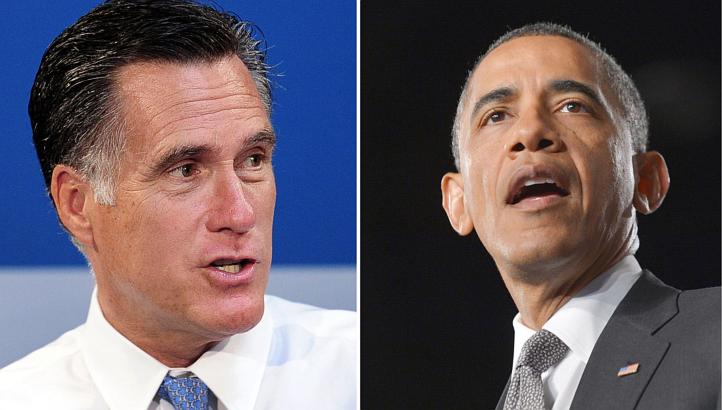
The home stretch in the race for the American presidency has started with the two major parties hosting lavish conventions at which their political celebrities make speeches that are broadcast across the country.
Last election year, Barak Obama rode a wave of energy and grassroots support to a win that seemed impossible only a few years prior.
That energy has been dampened by four long years in office, which were four difficult years for the American economy. In addition, political reality has forced President Obama into compromises that have cost him supporters.
The Democratic National Convention may have given the party the jolt of energy it needed. Michelle Obama provided a rousing speech, which has been her habit since before the last election, but a new voice was allowed to shine as Julian Castro, Mayor of San Antonio impressed the crowd with his keynote address.
Unlike Obama, Republican hopeful Mitt Romney had to vie with fellow party members through an extensive primary season. Many thought Romney had fallen into one of the pit-falls of the primary system: in order to win his party’s nomination he had to appeal to the base, and in doing so move further and further from the centrist voters he needs to court in a general election.
However, with the nomination secured, he seemed to continue his swing to the right by choosing Paul Ryan as his running mate. Ryan is a US Representative and darling of the Tea Party movement who became a minor celebrity when he released an alternative plan to challenge Obama’s budget. The Ryan plan, titled “The Path to Prosperity,” drew praise and ire for its extremes of cutting spending and refusing to raise taxes. One of its centerpieces is a radical tax reform that would collapse all tax brackets into two columns of individuals, one paying 10 percent and the other 25.
Romney’s speech at the Republican National Convention may have been his pitch to the undecided voter. It was a sentimental oration in which he did not address his platform for the first half hour. Instead, he used the national spotlight to paint a portrait of his character. He talked at great lengths about his love of family and God, choking up as he talked about the devotion of his own parents.
Even his attacks on President Obama were softened with the sentimentality of the speech. He chose pity over anger, ruing the fact that Obama simply doesn’t have the tools to be a proper president. Romney argues that the most important experience a president can have is that of a business owner. He cites his own experience in that field and in doing so takes credit for giving birth to some of America’s most prominent businesses from office supply stores to early childhood nurseries.
Romney’s presentation of the world outside the US consisted mostly of a series of threats to competitors. His primary international references were used to fill in the background of America’s pedestal. Romney stated that the US is “the greatest country in the history of the world” and that “when the world needs someone to do the really big stuff, you need an American.”

